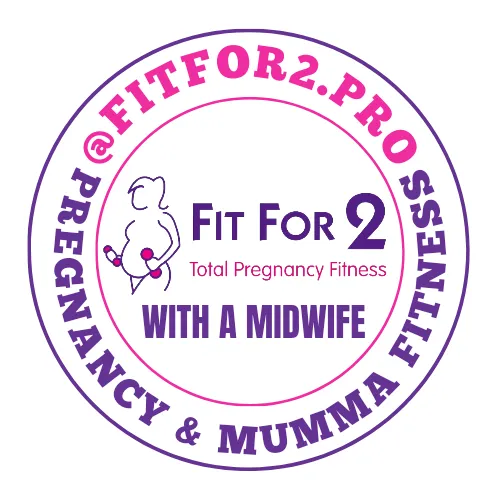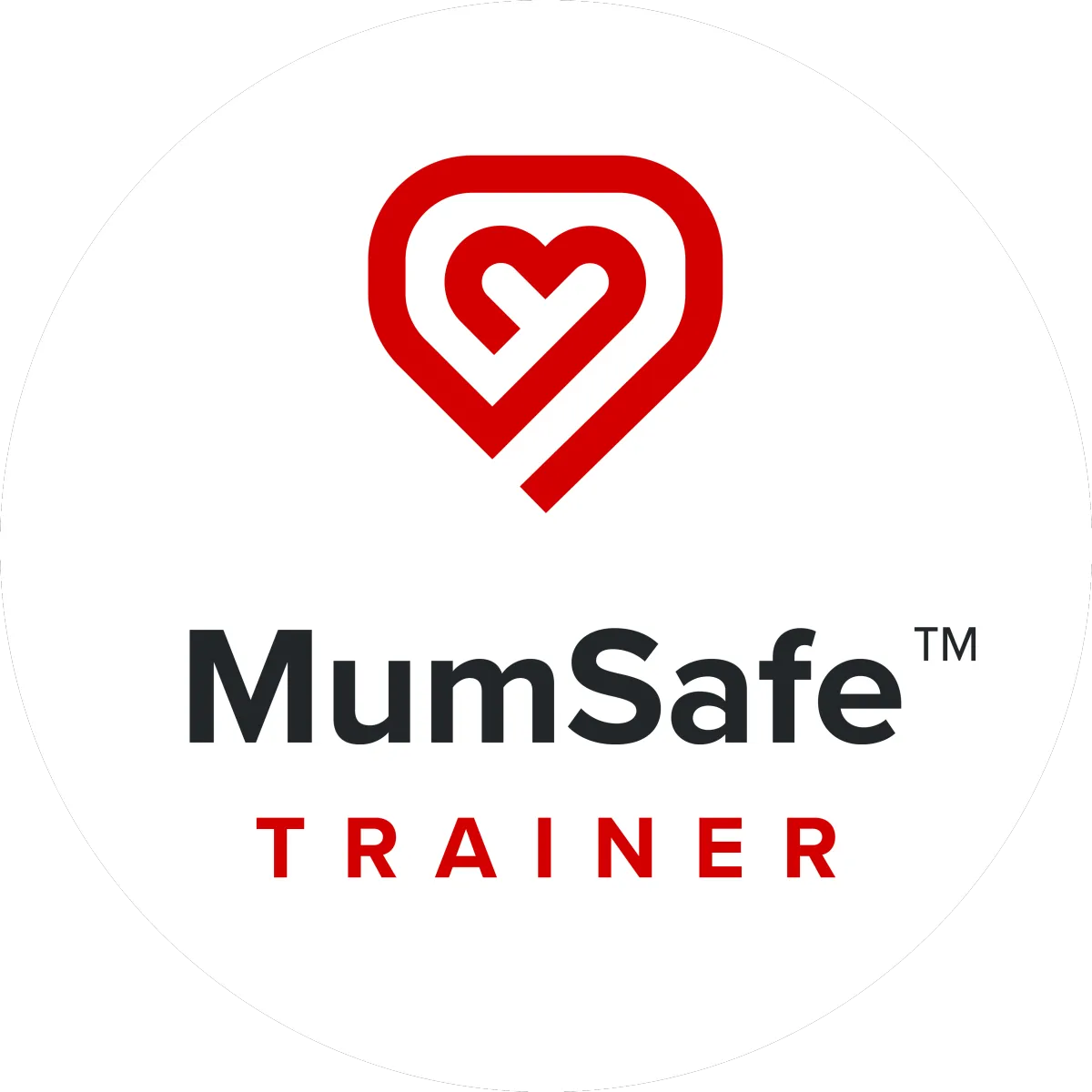
Frequently Asked Questions
Got Questions?
Below you'll find answers to the questions we get asked the most about mums fitness, pregnancy, post birth exercises, etc.
Yes you can, for those of you that are not yet pregnant but are planning to be, why not join a mixture of our classes to get you ready for pregnancy. The following information will be beneficial to you:
- Plan to get fit before getting pregnant
- Join Fit For 2 and learn how to activate your Pelvic Floor
- Consider diet and folic acid supplements
- Avoid alcohol
- Avoid smoking
- Avoid use of recreational drugs
- Avoid some prescription drugs (speak to your GP)
- Take adequate rest and relaxation
Yes we follow guidelines from Pelvic Floor Safe for Exercise and the Incontinence Foundation guidelines for Pregnancy and Postnatal mums. Pelvic floor exercises are a huge component of our program to ensure you exercise safely and minimize any complications during pregnancy and postnatal.
- Improved core strength to support your spine and help you carry your baby around
- Improved posture
- Improve your mood
- Improved muscle tone and cardiovascular fitness
- Tone your lower body to handle the demands of labour and birth
- Strengthen your upper body to lift and hold your baby
- Reduced likelihood of experiencing symptoms associated with pregnancy including: leg cramps, swelling, constipation, varicose veins, back pain, incontinence
- Less likely to gain excess weight in pregnancy
- Decreased risk of gestational diabetes
- Confidence in own ability to cope with labour and birth
- Improved circulation and blood flow
- Improved relaxation and possible improved sleep patterns
- Enhanced mental well being, improved self-esteem and self-confidence
- Lower chance of developing high blood pressure
- Quicker recovery time after birth
- Increased placental growth and functional capacity
- Easier, shorter and less chance of a complicated birth
- Improved aspects of growth and development post birth
There is also remarkable evidence in the reduction of medical interventions in pregnancy for labour and birth for women whom exercise including:
- Reduction in the need for analgesia
- Reduction in the need for Induction of Labour which can include artificially rupture of the membranes and oxytocins infusion to stimulate contractions
- Reduction in the need for an episiotomy
- Reduction in the need for an instrumental birth (forceps or vacuum)
- Reduction on the need of a caesarean
For many years doctors believed that exercise during pregnancy damaged the fetus. Recently, that belief changed and there is now evidence to suggest that women who exercise during pregnancy deliver healthier babies. Following a safe exercise program by a qualified trainer will ensure that you are in the right hands. Always follow your doctors/midwives advice prior to any exercise regime.
You should stop exercising immediately, no matter what your fitness level, if you have any of the following signs:
- Dizziness
- Faintness
- Headaches
- Shortness of breath
- Uterine contractions
- Vaginal bleeding or fluid leaking
- Heart palpitations
- Pain in your chest
- You can’t feel your baby move for long periods of time
- You see lights or blurred vision in your eyes
- You get any sudden severe swelling
The current ACOG guidelines recommends for exercise aimed at health and wellbeing, the recommendation for non- pregnant women is that an accumulation of 30 minutes a day of exercise occur on most if not all days of the week. In the absence of either medical OR obstetric complications, pregnant women should adopt the same recommendations.
The ACOG offers these general guidelines during pregnancy:
- After 16-20 weeks of pregnancy, avoid doing exercises on your back
- Avoid brisk exercise in hot, humid weather or when you have a fever
- Wear cool, comfortable clothing that will help you to remain cool
- Wear a bra that fits well and gives a lot of support to help protect your breasts
- Drink plenty of water to help keep you from overheating and dehydrating
- Try to avoid activities that call for jumping, jarring motions or quick changes indirection that may strain your joints and cause injury
No, you should not exercise to lose weight while you’re pregnant. Staying active during your pregnancy will gain benefits including making it easier to get your body shape back after the baby is born.
You should follow a healthy diet and NOT eat for 2 and remain active!!
Yes we highly encourage you to exercise during your pregnancy even if you haven’t been exercising prior. We will start you off slowly in your exercises and before you know it you will be advanced like all the other pregnant women in the class.
Any fitness level is welcome and we will accommodate to your fitness level.
We advise you to join no later than 30 weeks gestation, to ensure that your body gains the most out of our classes and prepares you for labour and birth appropriately. Please contact me to discuss if you are over 30 weeks pregnant!!
While new mothers prepare for the challenge of lifting a child whose weight increases weekly, expectant mothers adapt to changes in their center of gravity and postural alignment. Pregnancy hormones may cause too much mobility, making balance and stability a challenge.
A fitness plan that integrates strength training with postural alignment and stability will prepare you for the first ‘Main event’, childbirth, and the subsequent events involved in ‘bringing up the baby’. Therefore benefits include in pregnancy:
- Reducing the risk of osteoporosis means that you will be active with your child when they reach adolescence. Increasing joint stability is an important component of prenatal fitness programs. The hormone relaxin increases with pregnancy. While its purpose is to relax the pelvis for labour, its systemic effect might cause instability. Strengthening the muscles around the joint prevents injuries. And enhances stability.
- Functional strength training that uses different muscle groups simultaneously prepares you for the multi tasking involved in motherhood, and it reduces the chances of complications in your pregnancy including pelvic instability, back pain, groin pain etc
- A toned muscle has an elevated metabolic rate. While weight loss during pregnancy is not an issue, strength training may prevent excessive weight gain
Cardiovascular exercise during pregnancy regulates weight gain and alleviates back pain. Other benefits include:
- Improved circulation and flexibility
- Increased energy, strength, endurance, and muscular coordination
- Reduced discomfort from water retention
- Reduced tension, stress and depression
- Fewer stretch marks, varicose veins, and abdominal separation
- Decreased likelihood of postnatal depression
- Increased ability to relax
- Improved calcium absorption
When you workout and perform pregnancy exercises, or anything that elevates your temperature, you lose additional body fluids. It is important that you drink before, during and after you exercise to keep your body hydrated. Avoid caffeinated beverages as these will dehydrate you more. Keeping hydrated will also prevent ailments including constipation, bladder infection and even premature labour. If you drink plenty of fluids and stick to a healthy diet, you will be well on your way to having a healthy body and baby.
Many of us are lucky to be blessed with a ‘low risk’ pregnancy, where there are no existing health concerns or difficulties, although you should always speak to your health provider before embarking on any exercise program.
The following list outlines some of the medical conditions that would indicate your pregnancy is not low risk, and therefore exercise may be unsuitable during this pregnancy:
- You have had 3 or more miscarriages
- You have a history of heart disease
- You have general poor health or medical problems including diabetes (uncontrolled), thyroid disease, kidney disorders, respiratory problems
- You have very low body fat that may be a cause of an illness
- You are on medication that alters cardiac output or blood flow distribution
- You suffer from anaemia
- You have a history of premature labour
- Your medical team has confirmed your baby is small for dates
- You have a low lying placenta level 3 or 4
- You have an incompetence cervix
- You have ruptured your membranes
- You are expecting twins and there are complications. otherwise its safe to exercise
Please advise Fit For 2 if you have any medical conditions or any issues that are concerning you.
Exercise has not been shown to adversely affect lactation (breastfeeding) as long as fluid and calorie intake is maintained. Discomfort caused by full breasts and sore nipples may make some exercises uncomfortable, therefore a supportive bra must be worn. Please seek advice from a lactation consultant if you are having any issues with milk supply.
We highly encourage you to stay with Fit For 2 until you deliver to maintain strength and stamina for your labour and birth and for a quicker recovery period.
Postnatal you can commence back after your 6 week check and stay as long as you like to rehabilitate safely.
Please contact Fit For 2 to discuss pricing and bundle offers
Feel free to contact me via the contact me form if you have any specific questions.
Be sure to warm up before exercise and cool down afterwards
- Begin exercising gradually. You don’t want to become breathless or exhausted during a fitness session. Exercise in pregnancy is no longer followed by maximal heart rate except now by level of exertion. You should be able to carry on with a conversation with someone. If you can sing than you may not be exercising intensely enough, but if you are winded than you need to slow down.
You should exercise on a regular basis (3-5 times a week) - Include pelvic floor and bracing exercises in all exercises.
- Be sure to wear clothing which provides comfort and adequate breast support.
- Comfortable runners are also required
- A good sports bra is vital
- Always bring a water bottle, a towel, a list of classes you have paid for and have been confirmed, any personal belongings you need and medication for example asthma inhalers.
- Exercise only to the point where you begin to get tired. Listen to your body, it will tell you when you need to slow down.
- Don’t exercise outside in hot weather
- Drink plenty of fluids before, during and after the class
- Your center of gravity changes when you are pregnant. Be careful getting up and lying down
- After 20 weeks of pregnancy, limit exercises on your back for long periods, roll onto your left side if you start to feel lightheaded or unwell and tell your trainer.
- The average weight gain during pregnancy is 7 to 12kg. This extra weight can put greater strain on your joints and muscles.
- Pregnancy boosts your heart rate, so pre-pregnancy heart rate targets during exercise are no longer reliable
- Your blood pressure drops in the second trimester, so it is important to avoid activities that involve fast changes of position
- Your growing baby needs oxygen, so never exercise to the point of breathlessness.
- Always keep Fit For 2 and the trainers informed of any changes. Don’t be afraid to speak up or ask a silly question.


